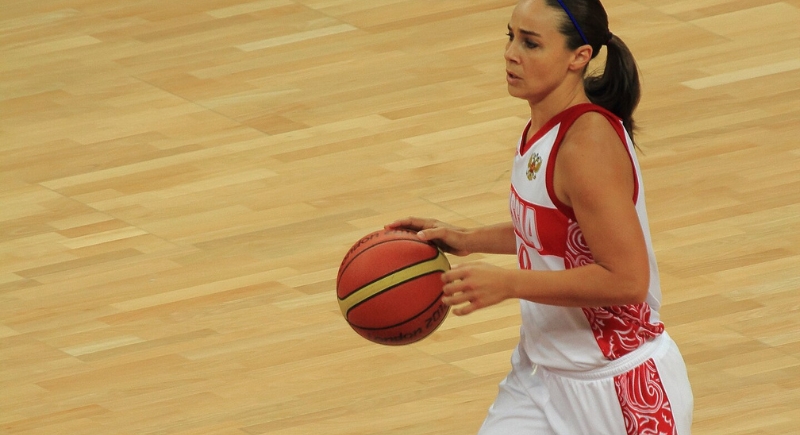Sun Reportedly Sold for $325M, Boston Relocation Looms
The Connecticut Sun could be on their way out of Mohegan Sun Arena, and this time, the buzz is coming with a billion dollars. Reports confirm a record-setting $325 million offer from Steve Pagliuca, Boston Celtics minority owner and private equity executive, who has long pushed for a WNBA presence in Boston. Add another $100 million for a new training facility, and the price tag jumps to levels rarely seen in professional women’s sports.
The potential move, expected to take effect in 2027, still needs the green light from the WNBA’s Board of Governors. But the sale marks a turning point for the league and its valuation trajectory. If approved, it would reshape how teams are built, marketed, and financially backed in the years ahead.
A Franchise on the Move

Image via Unsplash/Nick Jio
The Sun began in Orlando in 1999 as the Miracle. They became the first professional team owned by a tribal nation when the Mohegan Tribe acquired and relocated the franchise in 2003. Since then, they’ve reached four WNBA Finals and built one of the league’s most consistent postseason records.
Despite that, cracks started showing. Unlike most WNBA teams, the Sun have no dedicated practice facility. That means no home-court advantage for training or consistent infrastructure for long-term player development. Moving to Boston changes that overnight.
Pagliuca’s group is reportedly committed to funding a brand-new facility as part of the move. Massachusetts Governor Maura Healey backed the idea publicly, calling Boston “the hub of New England and the place basketball was invented.” The sentiment echoes a broader interest in turning the city into a flagship market for the league.
Why This Price Tag Matters
At $325 million, the deal shatters the previous valuation ceiling for a professional women’s team. Until now, most WNBA franchises exchanged hands low-key and at modest sums. This sale rewrites those expectations.
The WNBA has been expanding its footprint with teams launching soon in Philadelphia, Toronto, Detroit, Cleveland, and Portland. Boston didn’t land a spot in that expansion cycle, which made it unlikely to get a team any time soon, unless someone bought one. Pagliuca took that route and brought the receipts.
Financial insiders have pointed out that part of the valuation bump stems from timing. Revenue in women’s sports is growing. Brands are spending more. Attendance is climbing. Broadcast interest is scaling with it. A move to a major market like Boston accelerates all of that.
Not Everyone Is Applauding
The Sun have spent over two decades in Connecticut and cultivated a loyal fan base and a local identity that is difficult to replace. Players have expressed support for the sale if it leads to improved facilities, but the idea of losing a home crowd that routinely fills the arena has raised concern.
For fans in Uncasville, the clock is ticking. If the deal closes and relocation is approved, the Sun will remain in Connecticut through the 2026 season. After that, the lights may go off for good.
The Mohegan Tribe, meanwhile, has earned a significant return on its original investment. They bought the franchise at a fraction of the current price, turned it into a winning team, and are now selling it during a league upswing. Some are praising their leadership for boosting women’s sports, but others say they’ve sold a community asset to the highest bidder.
What Happens Next

Image via Wikipedia/&DC
The WNBA Board of Governors will review the terms of the sale before issuing a final decision. The league has not yet commented on the timeline for approval or relocation logistics, but insiders expect movement before the start of the 2026 season. Relocation requests are rarely rubber-stamped.
But Pagliuca’s bid comes with full funding, infrastructure plans, and political support. That combination is hard to ignore, especially as the league continues pushing for visibility and long-term financial growth.
If the Sun make the move to Boston, they’ll enter a city with strong college basketball roots, a built-in sports media ecosystem, and crossover appeal with NBA fans. It sets the stage for a team that doesn’t just win games but also wins attention in a crowded sports market.
What This Means for the League
This sale shows what serious capital can do for a women’s team and signals what future ownership expectations might look like. If Boston can deliver sold-out games, strong merchandising, and player development success, it could become the league’s model city. For now, the Sun are still Connecticut’s team.